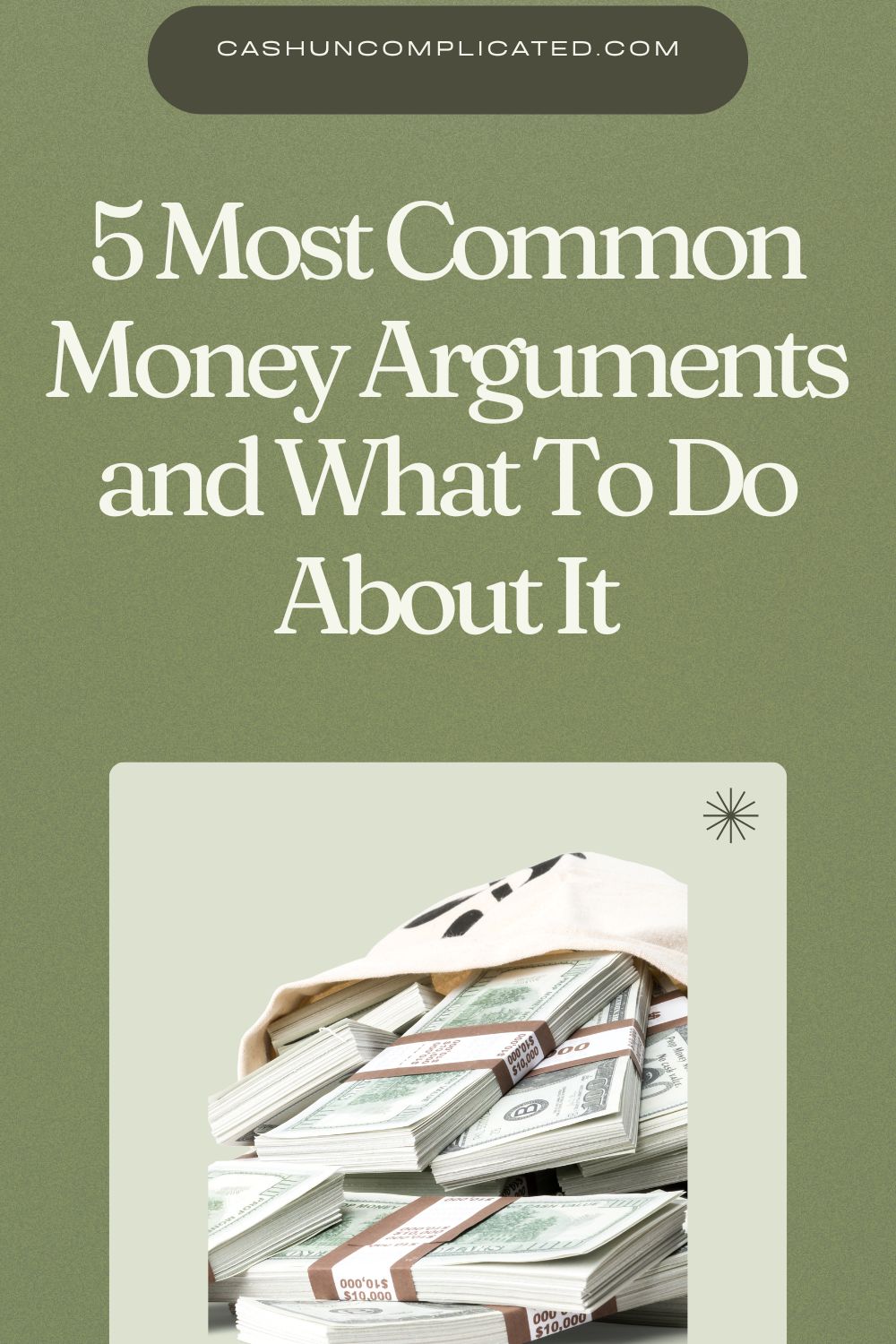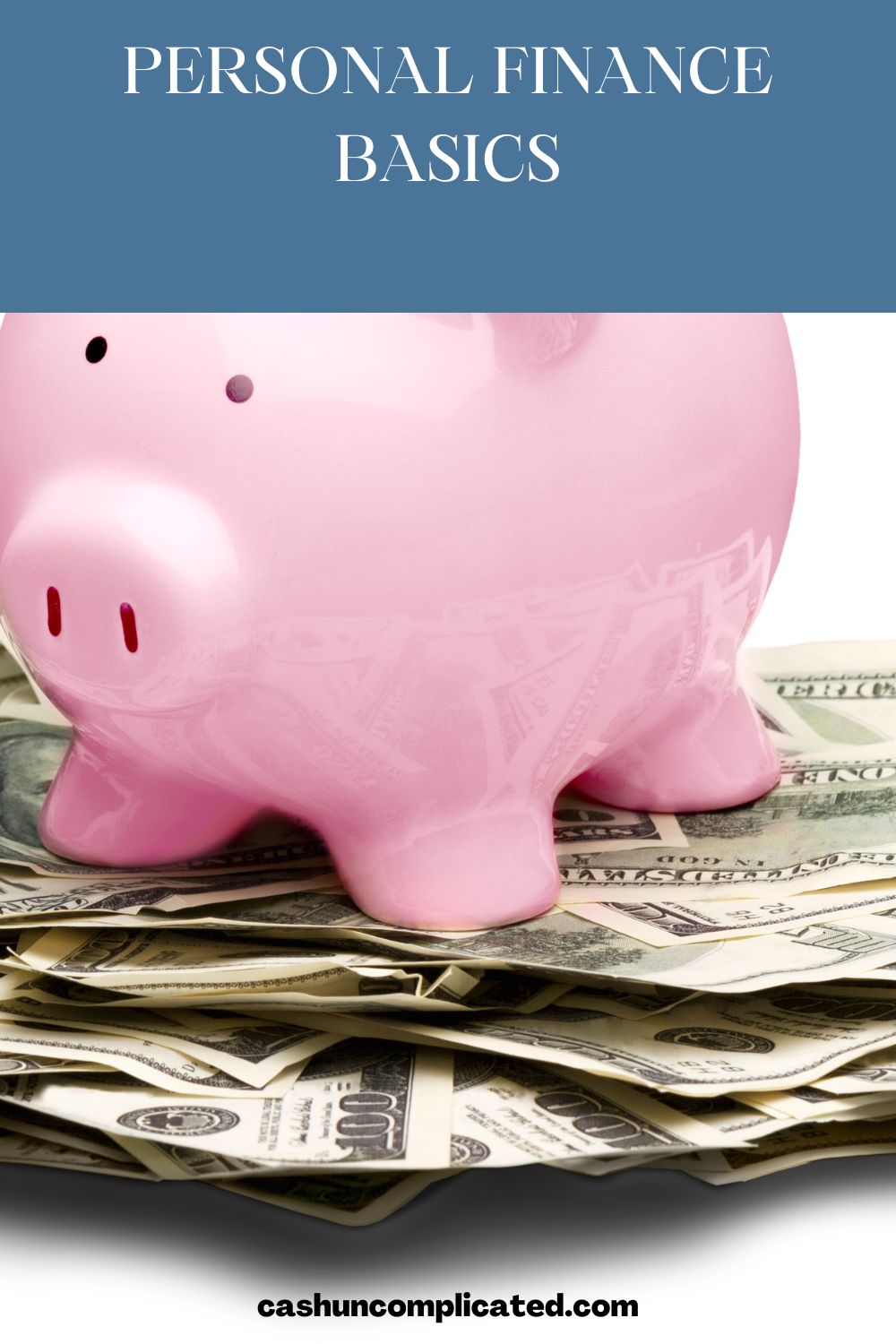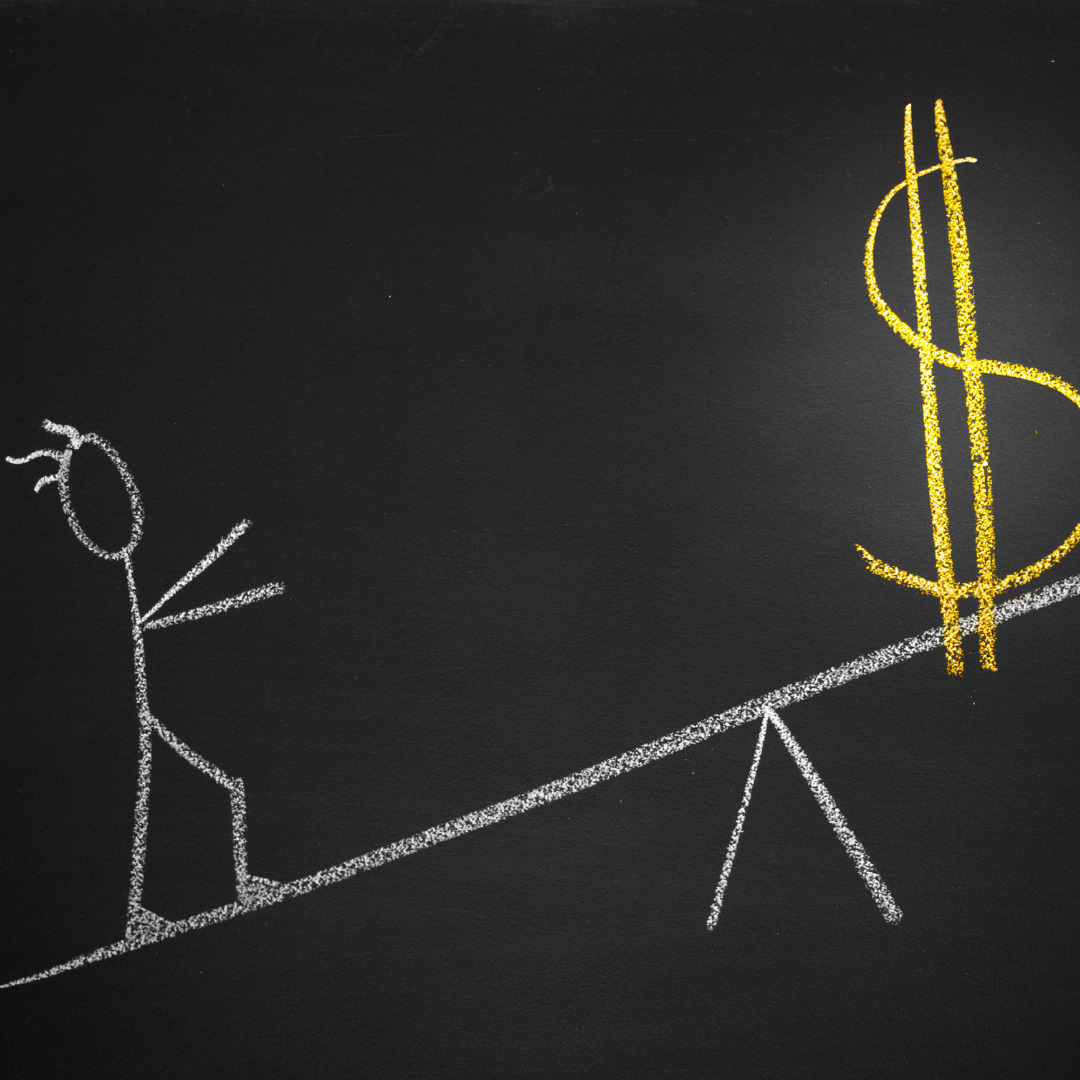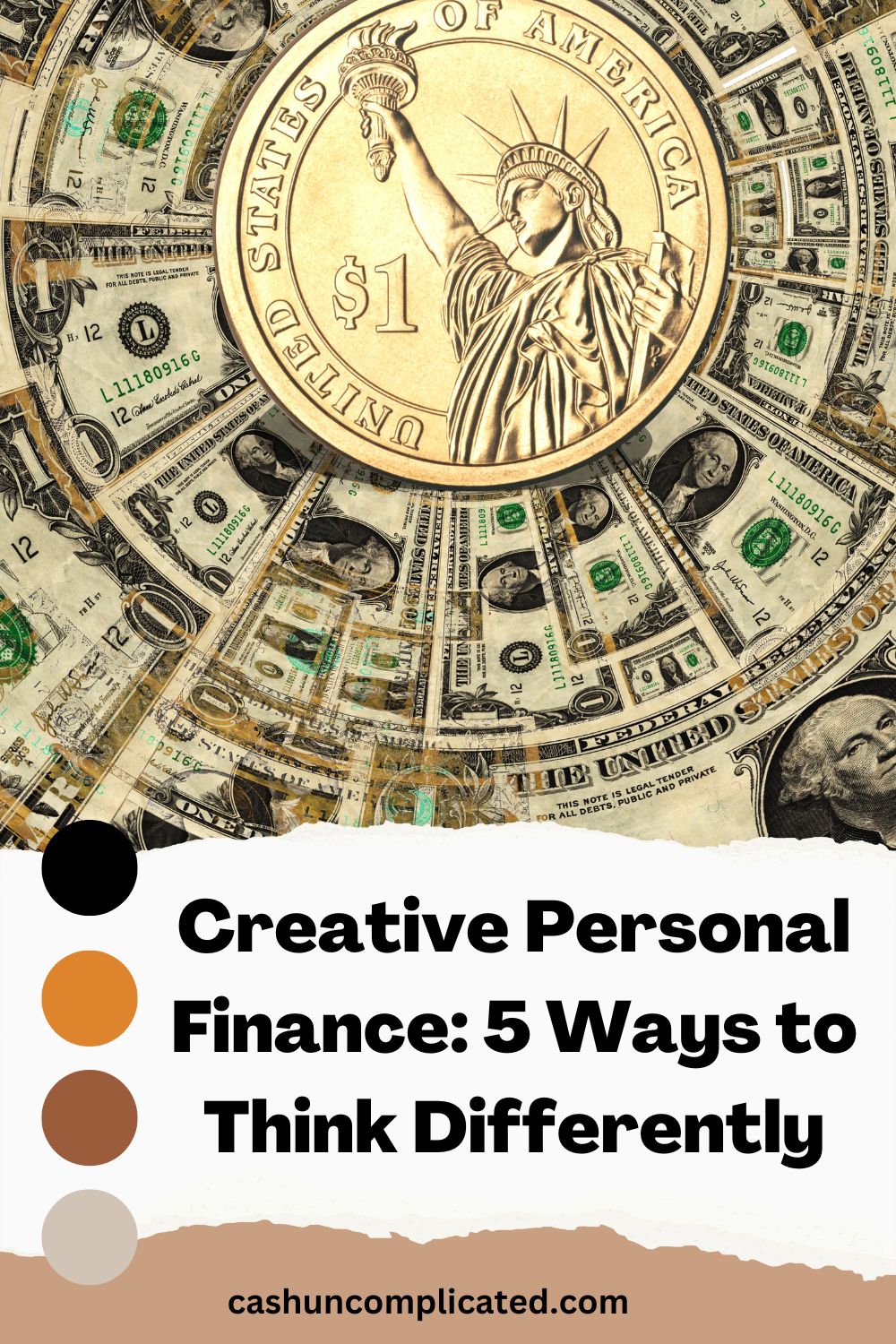Sounds crazy, but personal finance can be fun. There are things everyone can do to make it not only more manageable–but also more fun. Money doesn’t have to be a bore and a chore, and this post is going to show you how to make it fun.
What is Personal Finance?
Personal Finance is everything on this website. It’s not finance like what you would see on Wall Street, and it’s not a bunch of charts and graphs–it’s a focus on the individual and money.
The way people think and feel about money, behavior around it, relationship with life and family goals, etc. Personal finance is different for every person as everyone has their own vision and goals they want for their life.
How Can Personal Finance Be Fun?
Ok, so how can personal finance really be fun? For many people, money is stressful, starts arguments, and creates a scarcity mindset that there won’t be enough to survive. In the next several sections, I’m going to show you how personal finance can be fun if it’s done right.
Number 1: Align Your Goals With Your Money
When you align your goals with your personal finances, your money serves a purpose. It’s helping you reach your goals. All too often, money is not aligned with goals, so there is a disconnect. Goals are on one side and personal finance is off in no-man’s land. Which is not the way it’s supposed to work.
But when your life goals and personal finances are aligned, life and money decisions become much easier and clearer. And when things are clear and the expectations are set, it becomes fun because it’s almost effortless.
For example, someone who has their life goals aligned with their personal finances would have no problem saying yes to a dream vacation with the family that they can afford. However, someone without their goals aligned would struggle with daily decisions such as whether to order takeout for dinner five times a week when they are trying to save for a down payment on a house.
Number 2: Challenge Yourself
Personal finance can be fun when you challenge yourself. Challenging yourself to get better with money gives you wins. It’s taking something that is difficult, finding a solution, and improving. That process of success is fun.
Here’s an example. A 28 year old who always thought she wasn’t good at money reads a personal finance book like The Richest Man in Babylon, The Millionaire Next Door, or my book Cash Uncomplicated. She then implements one idea from the book that dramatically improves her personal finances.
That one idea was challenging for her to implement but the rewards are great and maybe even life-changing. The reward is worth the work.
Number 3: Gamify It
Here’s an easy way to make personal finances fun–gamify it. Step away from the spreadsheets and the data and make a game of it. A few examples:
- Compete with your significant other to see who can save the most at the store for the week.
- Sell something you haven’t used for three months or longer and invest the money you make.
- Clear out five pieces of clutter in your house and sell or get rid of them.
- Create a pool with your friends to see who can make $500 first on a side hustle.
There are a lot of creative ways to gamify it. Make it fun, make it a game, and add a friendly element of competition.
Number 4: Track Your Progress
I don’t know about you, but I like to see improvement. Whether it’s walking a tenth of a mile more than I did yesterday, eating healthier than the year before, or watching my bank account grow X percentage year over year–I enjoy making progress. One of the best ways to identify progress is by tracking it.
Technology has made money easier to track than ever before. Anyone can see what they spent this week compared to the last with Mint. And those wanting to track their net worth can create an account with Personal Capital. Once the account is set up, it will track your net worth day over without you having to do anything other than look at it.
Or for people who prefer to track manually, there’s always the old fashioned method of pen to paper. I’ve found tracking manually to actually be a very powerful exercise so I created a spending tracker, which you can access for free by signing up on my homepage.
Point being that seeing progress week over week, month over month, year over year is gratifying and even fun. Case in point–someone who used to invest $100 per month who is now investing $1,500 per month. That’s massive progress and fun to track. This person is doing better than they were before and that’s something that should be celebrated.
Number 5: Reflect
Number five on the list of how to make personal finance fun is related to number four. While nobody should be living in the past, there is nothing wrong with reflecting on the past. Reflecting on your old mindset, where you used to be, the progress you’ve made, etc.
In my book Cash Uncomplicated, I write about comparing yourself to yourself–not to others. That means you personally getting better and not worrying about what others are doing or posting on social media. Reflecting is a way to compare yourself to yourself.
For example, I write in the first chapter of my book about the way I used to think about money. I had a scarcity mindset, made excuses, and was in a very bad financial state because of those things. I often reflect about the way I used to think and the position I was in. It’s enjoyable to think about how far I’ve come and the hard work it took to get there.
And this doesn’t just have to be in the personal finance space either. It can be about health and fitness, family, career, or any other area you’ve shown improvement, or want to get better.
Number 6: Improve Your Lifestyle
A very tangible and quick way to make personal finance fun is to improve your lifestyle. What I mean by that is to start rewarding yourself by making small incremental changes to your lifestyle.
For example, if you have greatly improved with your money management over the past couple years, start to reward yourself. Maybe you’ve grown your investment rate from 5 percent of your income to 20 percent over the course of three years. Or paid off all consumer debt and fully funded an emergency account.
Those are all really big wins that deserve to be celebrated. Once you’ve accomplished these goals (or similar ones), think about adding $50 per month to your vacation fund. Or go out to dinner one more time each month. I’m not suggesting you completely unravel everything you’ve set up to succeed financially, but slightly improving your lifestyle will probably be enjoyable and fun.
I write a lot about lifestyle creep, avoiding mindless spending, packing your own lunch, etc. I think these are all cornerstones of personal finance, and very important to factor into your daily money decisions. But it’s also important to improve your life with small and intentional changes.
Number 7: Play Money Games
We probably all played games as a kid. We played because it was fun and got to play with friends and family. So transfer that idea to adulthood and make personal finance fun by playing money games.
Money games are a great way to learn about personal finance in a fun way. Take a timeless classic like Monopoly. Just some of the strategies of the game:
- Buy assets (property in this case)
- Collect rent
- Buy houses and collect more rent
- Trade up to hotels
Simple strategies a child can understand but also true in the real adult world. A way to learn and have fun before entering the real investment space.
Same for a game like Cashflow. Created by Robert Kiyosaki, Cashflow is another fun game that helps people understand the difference between assets and liabilities. Players are rewarded for having assets and negatively impacted if they have liabilities.
Which is a simulation of the real world. At first it might feel good to have liabilities, but in the end the one with the most assets and fewest liabilities is going to do the best financially.
Number 8: Remember the Purpose of Money
Personal finance is more fun when we remember the purpose behind it. Working nine to five and grinding away day to day isn’t very fun if there’s no reason behind it. The purpose of money is not to just accumulate more and more of it until the end of time.
The purpose of money is to make life better for yourself and your family. That means many things including:
- Comfortable living conditions
- Out of the paycheck to paycheck cycle
- Ability to take time off and travel
- Access to educational opportunities
Furthermore, you determine your purposes. I can write all I want to about my money purposes, but in the end it’s yours that matter. A clear and defined set of purposes has a way of making personal finance more fun because you actually know and understand what you’re working for.
Conclusion
Working at a job you don’t like, spending all your money, and getting into consumer debt isn’t going to be any fun. But personal finance can be fun by taking the right steps and making good decisions. It takes work to get to that level though.
The ability to get to that level starts with education and growth. I firmly believe that many people want to do well with their money, but don’t understand the first steps to get there. Education will give you the first steps, which is then followed by execution, and followed by more education and learning. It’s a continual process, but also a very powerful and productive process.
How can you make personal finance fun?












